The winners and losers of E3 2017
THE LOSERS OF E3 2017 (so far)...
Over-hyped commentators
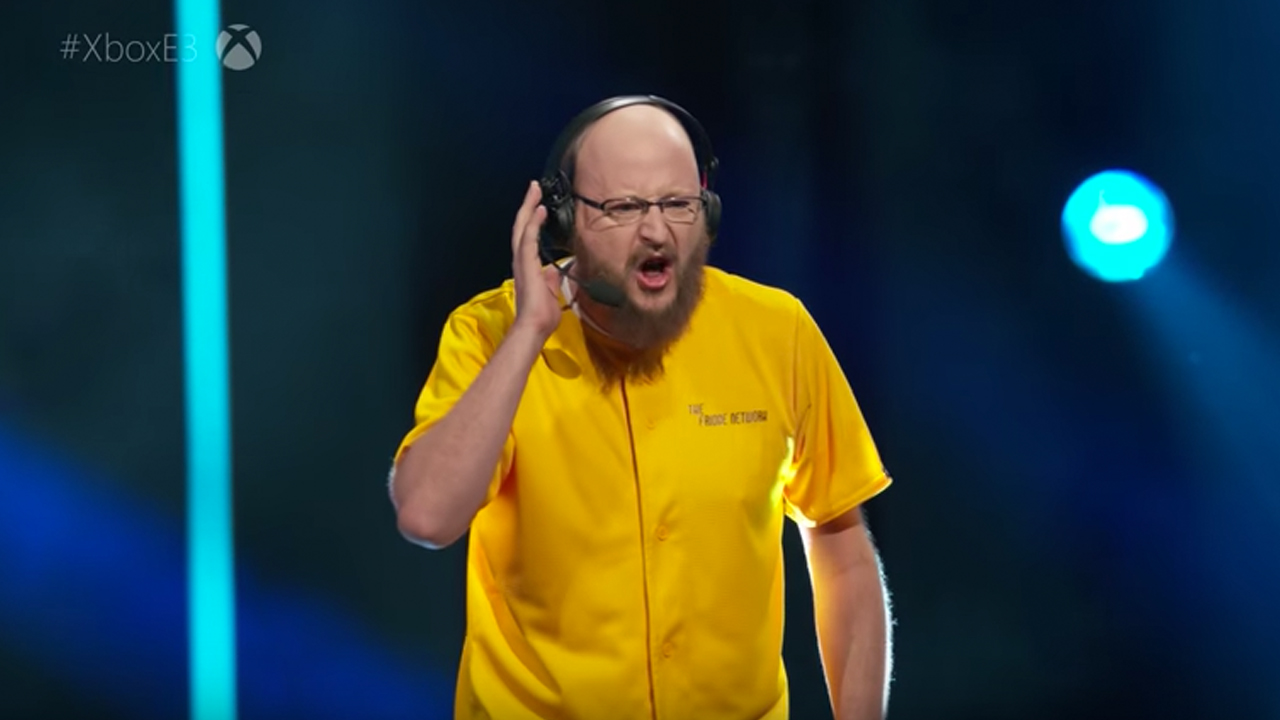
If Terry Crews gave a masterclass in screaming over game footage, the various Commentators brought in to make publishers seem ‘cool’ and ‘down wit tha kidz’ during their conferences demonstrate the perils of angry-talk making game demos a bit underwhelming. Possibly the lowest moment of the Xbox press conference came when Shoutcaster Jethro Tull (no relation to the 70s flutist or 18th century agronomist) began furiously describing the obvious action going on in the Darwin Project demo. Wrapped in a loud yellow shirt, and stood rather awkwardly on a giant pedestal on the Microsoft stage, Jethro’s WTF appearance (and to be fair, his performance was flawless - it’s his presence that was misjudged) actually detracted from what was happening on screen, leaving everyone rather flat about the game he was meant to promote. Ditto EA’s Star Wars Battlefront 2 footage, which was ruined by a cadre of excitable hipsters shouting the word “awesome” repeatedly over the action.
Skyrim fatigue
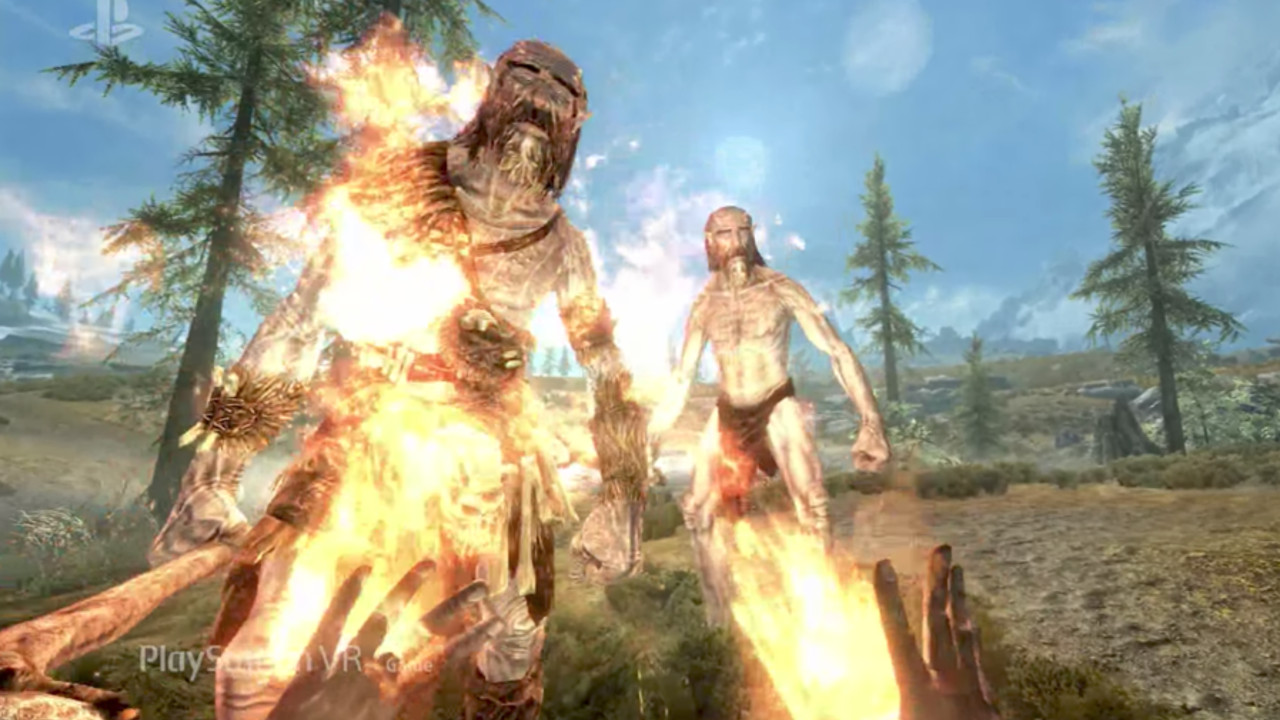
Can we really go back again? Despite helpings of Elder Scrolls 5 in 2011, 2013 and 2016, there’s apparently enough stuff left to warrant revisiting the home of the Nords in 2017. Don’t get me wrong. There are some things in Skyrim I want to try in VR - jumping off Bard’s Leap, stealing mammoth cheese, filling a stranger’s bed with cabbages - but they’re not compelling enough for me to get excited about a six-year-old game all over again. Worse still, a small, hopeful part of me was expecting some hint of a new Elder Scrolls game, however brief. The squelch of a Black Marsh, perhaps, or the warm purr of Elsweyr. Instead, those dreams lie crushed like a stepped-on sweetroll, and we’ll have to wait at least another year to experience the unique rush of a genuine new Elder Scrolls game.
The wallets of Xbox fans

Aside from the big, awkward news that the Scorpio will be called the Xbox One X (XbOX? XOX? LOL), Microsoft announced that its latest piece of hardware will be available on the market for a whopping $499 / £449. As if no one on the executive team had learnt from Sony’s catastrophic E3 conference of 2006 (where it, too, revealed a $499 price tag for the PS3), Microsoft stumbled out of the gate with what should have been a confident display of force, inadvertently casting a giant shadow which hung over the room for the rest of its press briefing. Xbox owners only bought in on a new console less than four years ago, which makes it difficult to imagine anyone other than diehard enthusiasts investing in the Xbox One X, which is yet to justify its hefty asking fee.
Hidden Agenda's botched reveal
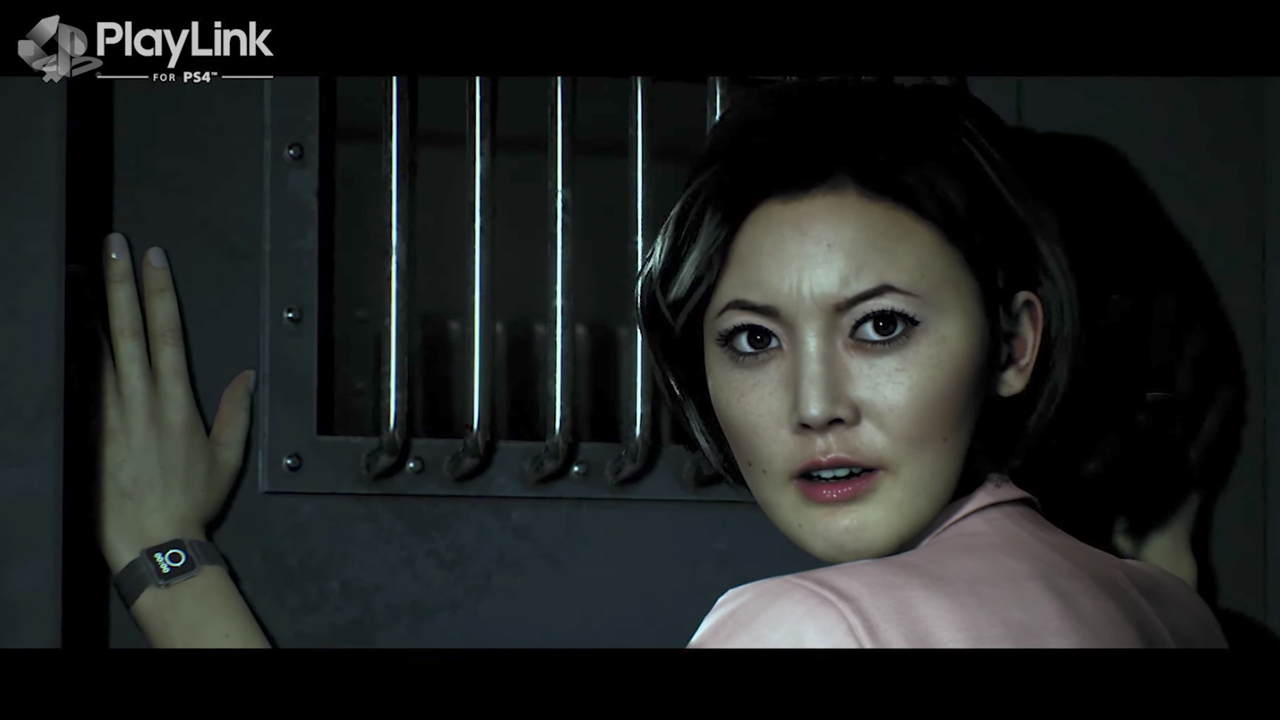
In a moment of delicious and tragic irony, Sony announced one of its most interesting games, Hidden Agenda, 45 minutes before its main press conference actually started. Doubly tragic is the fact that Hidden Agenda uses a new PS4 feature ripe with potential for innovation, called Play Link, which allows you to participate in games using a second screen, like a mobile phone or tablet. During the five-or-so minute demo, tucked away in the pre-show, the creators explained how you and your friends will control an interactive murder mystery in Hidden Agenda, using your phones to manipulate the action in ways that subtly help or hinder each other. See, you’ll each have hidden agendas, sent secretly to your second-screen, which you’ll need to fulfill to ‘win’ each play session. Did you know any of this? No, because you probably weren’t watching the Sony show 45 minutes before it spaffed out a torrent of relatively safe, relatively predictable AAA game trailers. Shame.
Massive monsters
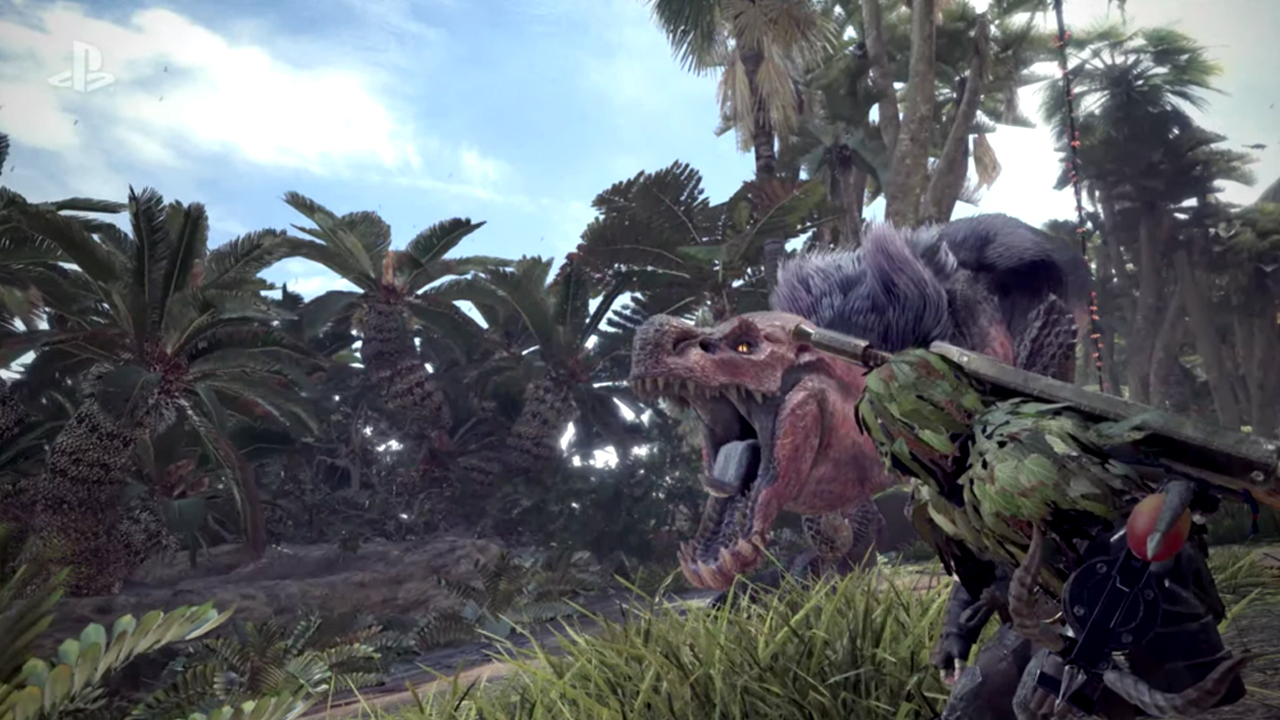
If small monsters like Pokemon and Rabbids are riding high on a wave of popularity, massive monsters are positively shitting it after E3. The blood-thirsty protagonists of a great number of upcoming games are all gunning for big monsters, looking to skin them for profit (Monster Hunter World), shoot them directly in the face (Metro Exodus), stab them in the skull to impress a girl (Shadow of the Colossus Remaster), or simply - inevitably - chop them to tiny pieces (God of War). The bigger and toothier you are, it seems, the larger and brighter the target painted on your head.
The season pass
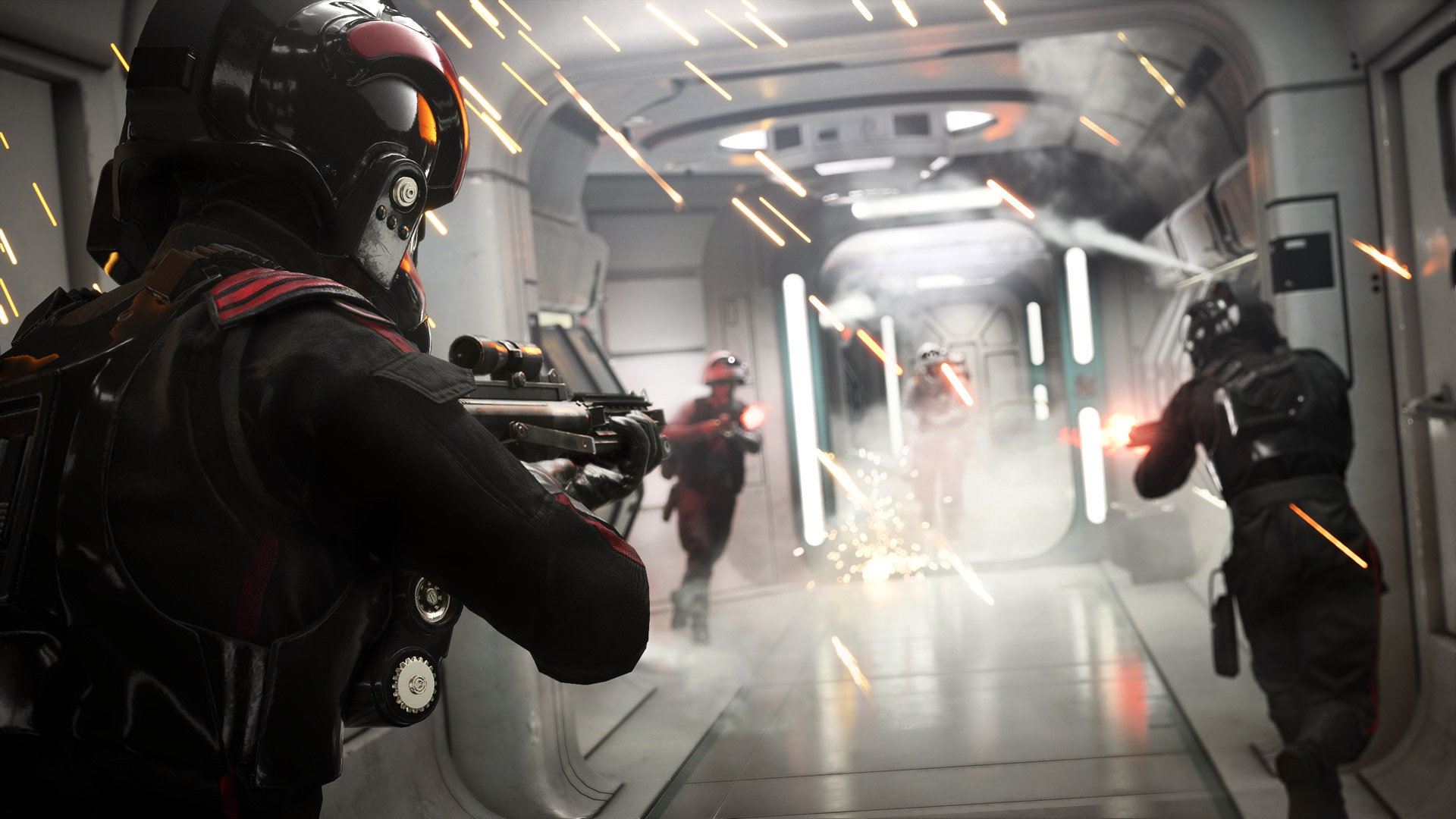
Could this be the first nail in the coffin for the cursed season pass; that widely adopted yet wildly unpopular business tactic whereby all post-launch content for a game is locked behind an up-front paywall? If I’m being skeptical, perhaps not, but EA’s decision to ditch the season pass for Star Wars Battlefront 2 at least feels like the winds of change are beginning to stir from this E3 announcement. Electronic Arts was one of the first to popularize the idea back during the PS3/Xbox 360 days, so this move could be interpreted as the publisher leading the charge once again in steering things back in the right direction. That said, Ubisoft is still selling season passes for both Far Cry 5 and Assassin’s Creed Origins but, without EA in the same ill-looking boat, these business decisions are starting to stick out like a sore thumb.
E3's under-prepared marshals
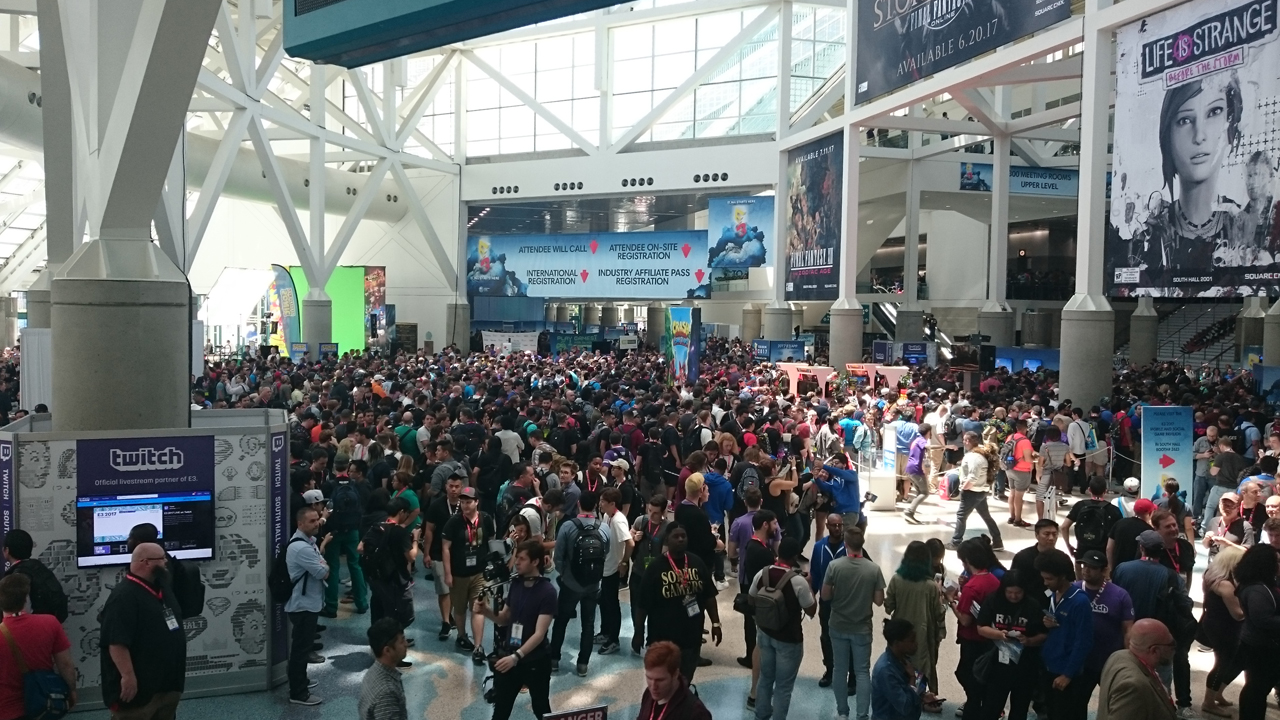
E3 threw its doors open to the general public in 2017, for the first time in its more than 20-year history. It was a great opportunity for fans to finally see first-hand what all the excitement is about. But as soon as opening day rolled around and attendees started lining up, it was clear that E3 was so not ready for this. Lines of people stretched from the doors out to the street, prompting the showfloor to open early just to avoid potential safety issues. Popular booths like Nintendo overflowed (even more than usual). Getting almost anywhere in a hurry became practically impossible. It's great to share the fun, but more people also has to mean more carefully planned infrastructure - and this year E3 dropped the ball.
Weekly digests, tales from the communities you love, and more
Indie games are no longer in the spotlight
A few years ago, Sony made a statement when it unveiled the PlayStation 4: "We Love Devs." The whole point was that, in addition to being a home for the biggest blockbuster experiences in gaming, the PlayStation 4 was also going to be a place where the small indie teams could find mainstream success. Indies even got mainstage support at prior E3s, as games like Octodad and publishers like Devolver bumped shoulders with the likes of Uncharted 4. This year, though? Sony showed a grand total of zero indie games, Nintendo showed one (Rocket League, a two-year-old game), and Microsoft showed just under a dozen. There are still plenty of cool indies at the show, but they're back to second-string status at the biggest video game show of the year.
GamesRadar+ was first founded in 1999, and since then has been dedicated to delivering video game-related news, reviews, previews, features, and more. Since late 2014, the website has been the online home of Total Film, SFX, Edge, and PLAY magazines, with comics site Newsarama joining the fold in 2020. Our aim as the global GamesRadar Staff team is to take you closer to the games, movies, TV shows, and comics that you love. We want to upgrade your downtime, and help you make the most of your time, money, and skills. We always aim to entertain, inform, and inspire through our mix of content - which includes news, reviews, features, tips, buying guides, and videos.


